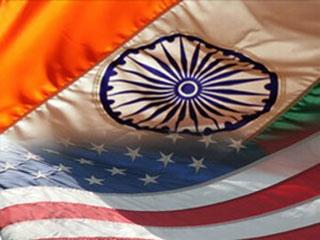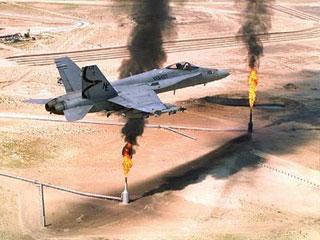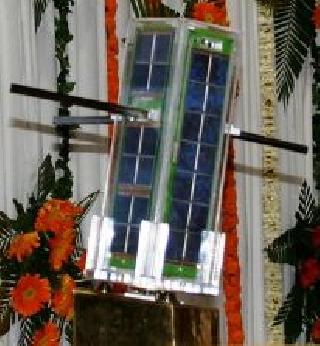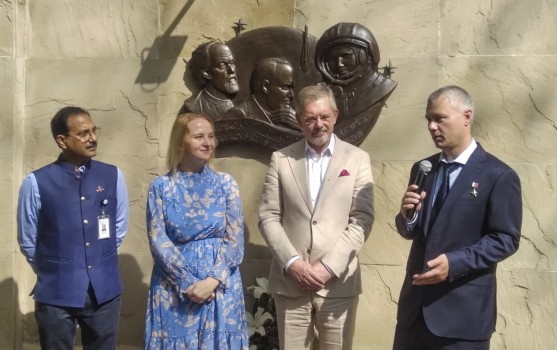
WASHINGTON (PTI): New Delhi's desire to maintain its strategic autonomy is a constrain in the defence ties with the United States, a top Pentagon official has said, even as he noted the significant advancement in Indo-US military relationship in recent years.
"India's historic leadership of the non-alignment movement and desire to maintain strategic autonomy somewhat constrain cooperation at a level USPACOM (US Pacific Command) desires," the US Pacific Command Commander Admiral Robert Willard said in his testimony before House Armed Services Committee.
"The US-India relationship remains challenged by a degree of suspicion fueled by Cold War-influenced perceptions, complicated Indian political and bureaucratic processes, and the US-Pakistan relationship," Willard said.
But, he said there were noteworthy advancement in others areas like counter-terrorism and disaster management.
"Cooperation is especially noteworthy in the areas of counter-terrorism, humanitarian assistance and disaster relief, and maritime security," Willard said.
He has said the recent removal of Indian defence-and space-related industries from the US Entity List not only recognises India's record of responsible stewardship of sensitive technologies but further enables bilateral cooperation in areas of mutual interests.
Relations with both India and Pakistan are vital to US national interests and cannot be addressed in isolation.
"To that end, the leadership and staffs of United States Central Command and USPACOM continue to engage in order to ensure a coordinated strategic approach that best meets US interests," he said.
In South Asia, he said the US is endeavoring to work with Nepal, Bangladesh, Sri Lanka, Maldives and the nation of India to contain Lashkar-e-Taiba, a Pakistani based extremist organisation that is already established in South Asia and was responsible for the attack in Mumbai.
"In order to accomplish that, we've been working very closely with the office of the Secretary of Defence in ensuring that we have adequate resources, including authorities to be able to accomplish that mission," he told Congressmen in response to a question.
"The South Asian sub-region is dominated by India, an emerging US strategic partner, and also includes Bangladesh, Maldives, Nepal, Sri Lanka and Bhutan," he said.
While there are prospects for enduring peace and prosperity, this sub-region is challenged by historical animosity between India and Pakistan, contested borders between India and China and transnational threats that include terrorism, WMD proliferation, piracy and narcotics trafficking.
The sub-region is also prone to a wide array of natural disasters and lacks the resources and capabilities to effectively respond.
"This is exacerbated by the absence of a strong multilateral security structure," he said.
 Previous Article
Previous Article Next Article
Next Article










The Indian Air Force, in its flight trials evaluation report submitted before the Defence Ministry l..
view articleAn insight into the Medium Multi-Role Combat Aircraft competition...
view articleSky enthusiasts can now spot the International Space Station (ISS) commanded by Indian-American astr..
view article